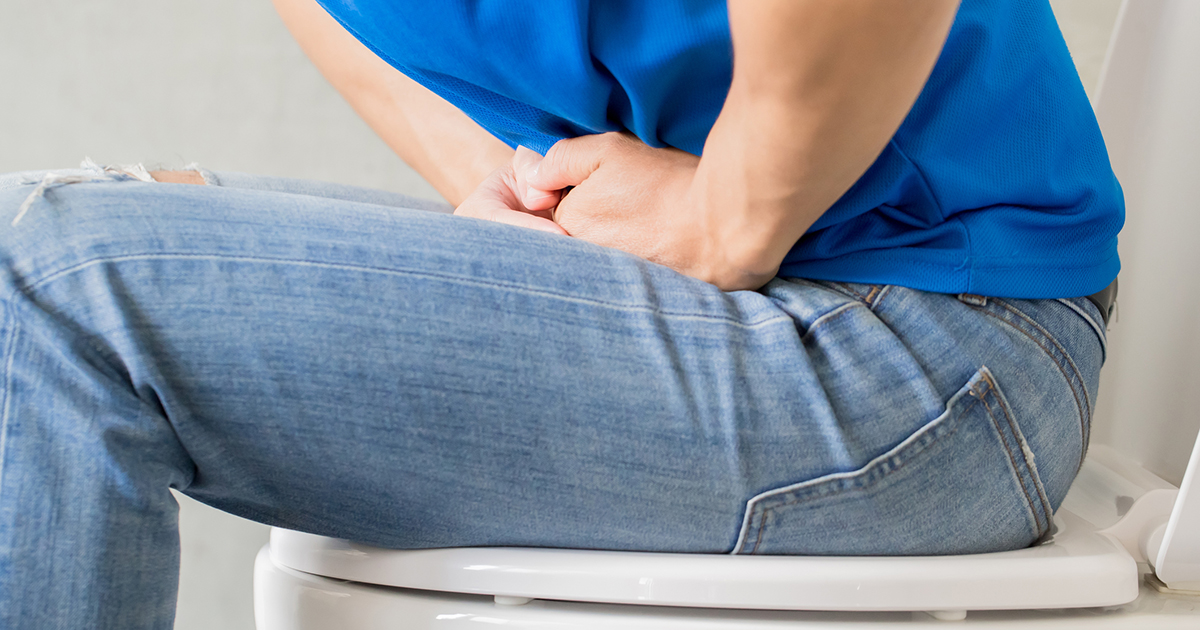Symptoms Of Osteitis Fibrosa Cystica
Frequent Urination
This disorder is defined as having to urinate more often than is normal for the individual. For some patients, frequent urination happens during the day and night, while it only happens at night for others (called nocturia). The amount of urine can vary, and a patient can pass a large volume of urine or not much every time they need to use the bathroom. This can affect a person’s social and work life and disrupt their sleep during the night. A patient should suspect they have frequent urination if they need to use the toilet more than four to eight times in a day.
Keep going to discover more of the symptoms of osteitis fibrosa cystica now.
Constipation

Constipation happens when the patient has fewer bowel movements than usual and moving their bowels is difficult or painful. Being constipated is largely the perception of the individual who has it, as everyone has a different pattern for bowel movements. Individuals should suspect they are constipated when their stool is hard, dry, or comes in lumps; if they have to strain to move their bowels; and if moving their bowels is painful or causes bleeding. Some patients also feel bloated or as if they still have to go after they’ve moved their bowels. Constipation happens because the stool moves so slowly through the large intestine and the body has absorbed much of the water that would have assisted in regular and pain-free bowel movements.
It's time to get familiar with the next symptom of osteitis fibrosa cystica.
